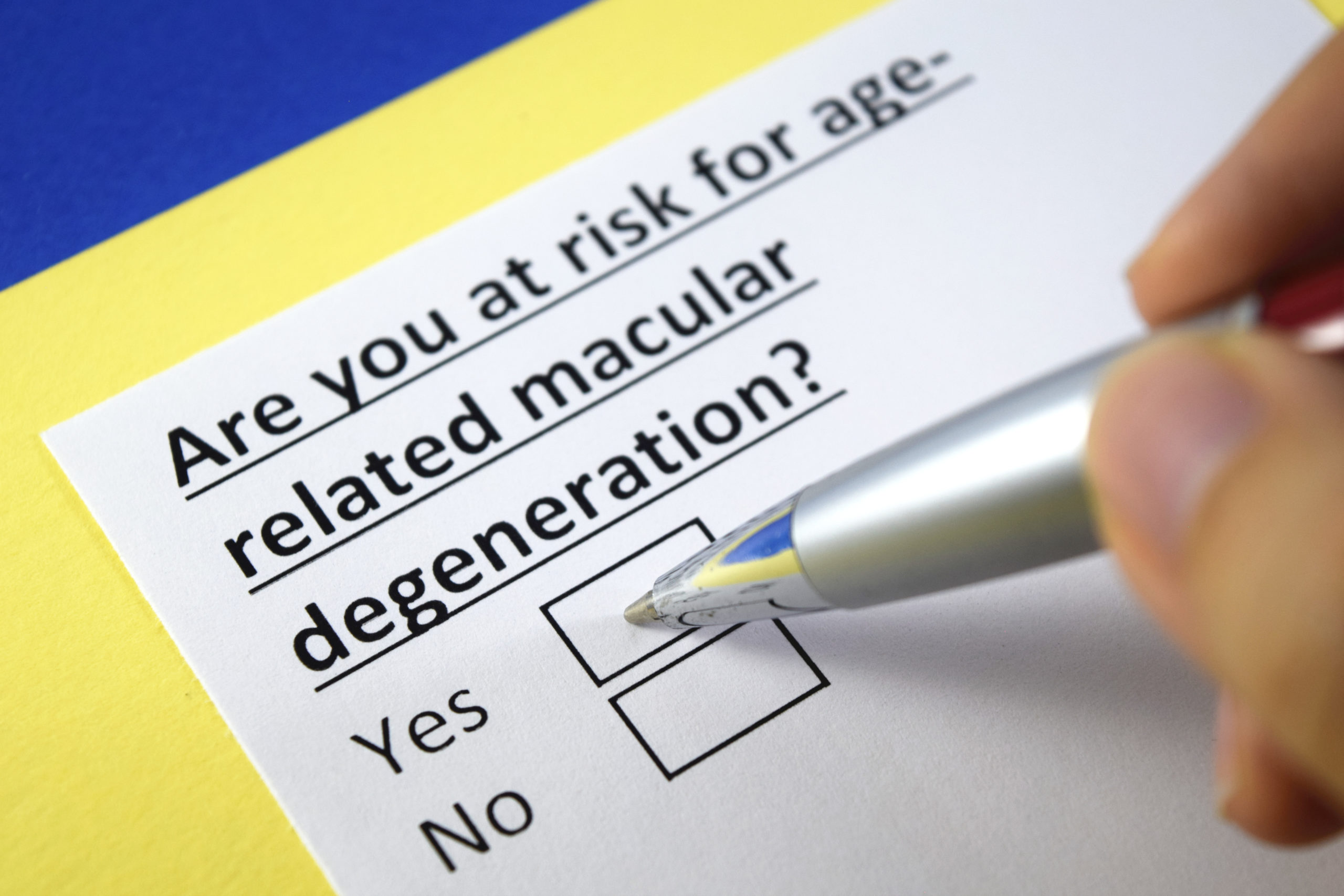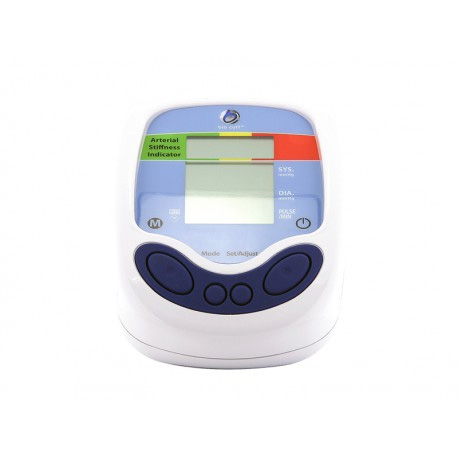
Thyroid disorders and improving your thyroid health
November 3rd, 2022In 2020 there were 586,000 thyroid cancer cases worldwide. An estimated 20 million people in the US and 1 in 20 people in the UK suffer from a thyroid disorder. Scientists trial new treatments and targeted drugs, but it takes time to see if they work better than the current treatments for thyroid disorders and if it is safe to use them. In this article, we discuss thyroid disorders and how to improve your thyroid health with tips from Dr Ashita Cupta, an expert in endocrinology.
We briefly answer key questions – what is the thyroid gland, what are the symptoms of thyroid disorders, what affects thyroid health and how can you improve it?
‘Scientists trial new treatments’ https://www.cancerresearchuk.org/about-cancer/find-a-clinical-trial
Dr Ashita Cupta
https://www.health.com/condition/thyroid/healthy-thyroid-0
What is the thyroid?
The thyroid is a butterfly-shaped gland at the front of the neck below the larynx. It has two lobes on each side of the windpipe. It is an endocrine gland made up of special cells that make hormones. The hormones are chemical messengers which relay information to the organs in the body.
Hormones produced by the thyroid
There are two types of hormones produced by the thyroid. They are TS3 (Thyroxine that contains 3 iodine atoms) and TS4 (Thyroxine that contains 4 iodine atoms). The hormones help to regulate heartbeat, body temperature, metabolism and other bodily functions.
The pituitary gland controls the hormones
The pituitary gland, located in the brain, supervises the hormones produced by the thyroid. The pituitary gland monitors and controls the thyroid hormones in the bloodstream. If the thyroid doesn’t perform its job efficiently, the pituitary gland produces its own thyroid stimulating hormone TSH. The TSH sends a message to the thyroid telling it if it is under or overproducing hormones.
Symptoms of thyroid disorders and causes
It is not easy to diagnose thyroid disorders. The symptoms can include extreme tiredness, brain fog, digestive issues, mood swings, weight gain or weight loss. They are the same symptoms associated with many illnesses. Specific tests such as bloods or an ultrasound need to be performed to see if there is a thyroid disorder or disease.
Underactive, overactive or cancerous
The thyroid can be underactive or overactive, and it can be cancerous. There are many causes of thyroid disorders such as pregnancy, genetics, stress, toxins and nutritional deficiency. Genetic factors contribute to 65% of an individual’s thyroid state. Thyroid disorders can be present at birth or developed at any age. Thyroid disorders are more predominant in women and often experienced during the menopause.
What else affects thyroid health?
Lifestyle factors such as smoking, alcohol, diet, exercise and pollutants also affect the thyroid. Medical conditions such as pernicious anaemia, type 1 diabetes, primary adrenal deficiency, lupus, rheumatoid arthritis, Sjogren’s syndrome and turner syndrome make a person more susceptible to thyroid disorders.
Thyroid cancer
In 2020 43,646 people of all ages worldwide died of thyroid cancer. Thyroid cancer develops when malignant (cancer) cells form in the tissue of the thyroid gland. There are different types of thyroid cancer:
- Differentiated thyroid cancer, well-differentiated tumours, papillary thyroid and follicular cancer. In most cases they can be treated and cured
- Poorly differentiated, undifferentiated and anaplastic thyroid cancer are less common. The cancer spreads quickly so the chances of recovery are low
- Medullary cancer is a neuroendocrine tumour that develops in the C cells of the thyroid. If caught early enough, the outlook is good
Common thyroid disorders
Thyroid lumps (nodules) or goitre (a swelling of the thyroid gland) are common and aren’t usually cancerous. Most well known thyroid problems are hyperthyroidism, hypothyroidism and thyroiditis.
Hyperthyroidism (overactive thyroid)
Hyperthyroidism is a condition related to the parathyroid gland. The gland produces parathyroid hormones responsible for calcium levels in the bloodstream and tissues. When there is an imbalance, a person will develop hyperthyroidism. Two types exist, primary and secondary. Primary hyperthyroidism causes a high level of calcium in the blood and secondary causes lower levels. About 3 in every 4 people with an overactive thyroid gland have a condition called Graves disease.
Hypothyroidism (underactive thyroid)
Hypothyroidism develops when the thyroid does not produce enough thyroid hormone. People of all ages can suffer from hypothyroidism. It can cause symptoms such as weight gain, dry skin, weakness, constipation and fatigue. It can lead to a poor quality of life and result in mental health issues and cause reduced mobility.
Thyroiditis
Thyroiditis is the swelling of the thyroid gland that causes an unusual amount of lower or higher level of thyroid hormone in the blood. There are several different types of thyroiditis:
- Hashimoto’s develops when the immune system attacks the thyroid
- De Qervins is a painful swelling in the thyroid
- Postpartum can develop after childbirth
- Silent is similar to postpartum, but men and women can suffer from it
- Drug induced
- Radiation, when the gland can become damaged after exposure
- Acute or infection
Living with thyroid disorders
A thyroidectomy or a lobectomy are two methods of surgery for thyroid cancer. For an underactive thyroid, a daily hormone replacement tablet can be taken, such as levothyroxine. For an overactive thyroid the medication carbimazole or propylthiouracil can be taken. An alternative to medication is radioactive treatment.
How to improve your thyroid health
Dr Ashita Cupta, an expert in endocrinology recommends the following to improve your thyroid health.
https://profiles.mountsinai.org/ashita-gupta
- Eat a balanced mediterranean diet. Our intestines hold 70% of our autoimmune system – known as Gut-Associated Lymphoid Tissue (GALT). If this GALT tissue becomes inflamed, an individual may experience an immune response, which can play a part in the development of thyroid disease. https://www.health.com/nutrition/10-things-to-know-about-the-mediterranean-diet
- Be aware and wary of different foods. Processed foods are well known to be high in sugar, dyes, preservatives, fats and sugar-free substitutes, all of which can play havoc with the thyroid. Certain ingredients such as MSG, high fructose corn syrup and trans fats in particular are known to be problematic and cause intestinal inflammation. Eating raw vegetables can also cause problems as they contain goitrogens that interfere with the thyroid hormone synthesis process.Vegetables to avoid: https://www.everydayhealth.com/hs/thyroid-pictures/foods-to-avoid/
- Be aware of toxins. Toxins such as heavy metals and PFCs can act as endocrine disruptors and cause endocrine problems, including issues with the thyroid gland. There are many products that contain PFCs (global contaminants) so it is best to avoid long-term exposure – these can include carpets, waterproof clothing and even non-stick cookware. Dr. Gupta also recommends specifically avoiding any antibacterial soaps that contain triclosan, as this has been linked to skin conditions such as contact dermatitis and also allergic reaction
Dr Cupta recommends incorporating supplements into your diet.
For Hyperthyroidism and Hypothyroidism, why not give Nature’s Marvels™ Thyroid a go?
A peptide bioregulator for the thyroid, it has been shown to help with normalising the function of the thyroid gland. Peptides are intelligent, they can work out your thyroid levels and adjust them accordingly- by releasing the amount needed at the right time. The blood vessel bioregulator can also be used in combination for thyroid problems.
Find out more here: https://www.antiaging-systems.com/products/thyroid-bioregulator-natures-marvels/
- https://www.cancer.gov/types/thyroid/patient/thyroid-treatment-pdq#:~:text=Thyroid%20cancer%20is%20a%20disease,the%20risk%20of%20thyroid%20cancer.
- https://www.nhs.uk/conditions/thyroiditis/#:~:text=Thyroiditis%20is%20swelling%20(inflammation)%20of,the%20body’s%20growth%20and%20metabolism.
- https://www.health.com/condition/thyroid/healthy-thyroid-0
- https://www.nhs.uk/conditions/thyroiditis/#:~:text=Thyroiditis%20is%20swelling%20(inflammation)%20of,the%20body’s%20growth%20and%20metabolism.
- https://www.cancer.gov/types/thyroid/patient/thyroid-treatment-pdq#:~:text=Thyroid%20cancer%20is%20a%20disease,the%20risk%20of%20thyroid%20cancer.
- https://www.cancer.net/cancer-types/thyroid-cancer/statistics#:~:text=The%205%2Dyear%20survival%20rate%20is%20almost%20100%25%20for%20localized,is%20called%20regional%20thyroid%20cancer.
- https://www.cancerresearchuk.org/about-cancer/find-a-clinical-trial
- https://www.nhs.uk/conditions/overactive-thyroid-hyperthyroidism/causes/#:~:text=Graves’%20disease%20is%20an%20autoimmune,and%20often%20runs%20in%20families.
- https://naturesmarvels.com/









